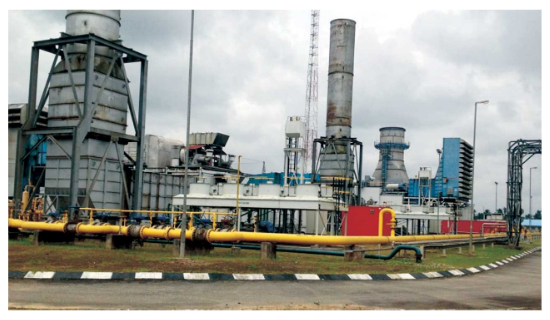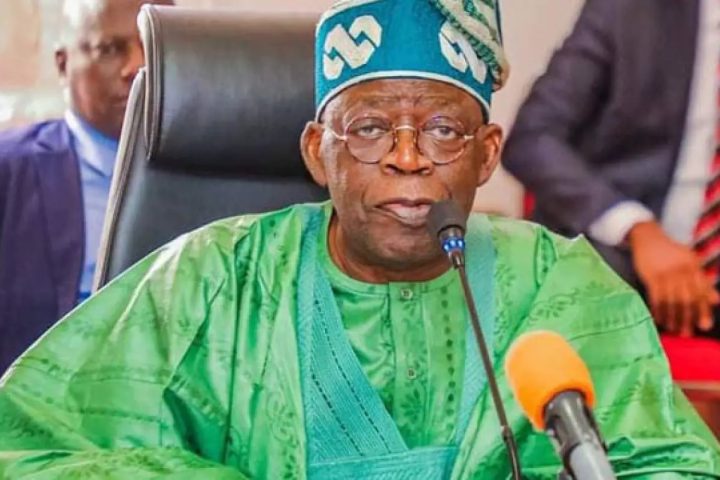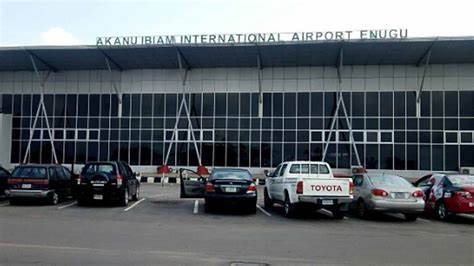The Academic Staff Union of Universities (ASUU) has criticised the Federal Government for allocating only 7% (N3.52 trillion) of the 2025 budget to education.
The union argues that this allocation falls short of the 15-20% benchmark recommended by UNESCO and UNFPA for developing nations.
Join our WhatsApp ChannelAyo Akinwole, Chairman of ASUU’s University of Ibadan chapter, stated, “This 7% allocation is not enough to address the challenges in the education sector. The lack of proper funding continues to stagnate Nigeria’s educational growth.”
Poor Welfare Driving Educators Away
Akinwole highlighted the poor welfare conditions of lecturers as a significant factor discouraging young professionals from joining public universities. “Qualified lecturers are unwilling to take up jobs due to the poor welfare conditions. This affects not only universities but also primary and secondary schools,” he said.
He further noted that underpaid teachers in public schools pave the way for unqualified individuals to dominate the sector, leading to the growth of private schools that are often unaffordable for average Nigerians.
Sacrifices Prevented Crisis in 2024
Reflecting on the previous year, Akinwole commended lecturers for their sacrifices in preventing an industrial crisis. “Despite the federal government’s lacklustre attitude, lecturers ensured the university system did not collapse,” he remarked.
He urged the government to prioritise the renegotiation of the 2009 FGN/ASUU agreement. According to Akinwole, “The Tinubu administration should review and sign the Nimi Briggs-led draft agreement from 2021 instead of restarting negotiations.”
TETFund at Risk Under New Policy
ASUU also criticised the proposed elimination of TETFund as part of the tax administration bill. This move, Akinwole warned, could destroy one of the few reliable sources of funding for tertiary education infrastructure.
“The policy to replace the education tax with a development levy will reduce TETFund’s revenue starting in 2025. By 2030, the fund will receive no revenue at all, leaving universities without critical infrastructure funding,” he explained.
READ ALSO: New Year Message: Tinubu Restates Commitment To Reducing Inflation To 15% In 2025 (Full Text)
Akinwole emphasised that this shift would prioritise student loans over infrastructural development, a decision he described as harmful to public education.
The Call for Better Funding and Welfare In 2025 Budget
ASUU’s chairman outlined key demands for 2025, including improved welfare for educators and the payment of withheld salaries. “The government must release the Earned Academic Allowances and funding for university revitalisation, as agreed in previous memoranda,” Akinwole stated.
He warned that failure to address these issues could lead to another confrontation between ASUU and the federal government, disrupting the academic calendar.
Addressing the Root Causes Amid the 2025 Budget
According to Akinwole, resolving the challenges in the education sector requires prioritising worker welfare and increasing funding. “The high cost of living and declining conditions of service for educators must be addressed,” he stressed.
ASUU also recommended redirecting unspent public funds into tertiary education development to improve infrastructure and retain skilled professionals.
ASUU’s Final Warning
Finally, ASUU called for immediate and visible efforts to tackle the education sector’s challenges. “If the government does not meet our expectations, another crisis in the university system is inevitable,” Akinwole cautioned.
With education as a cornerstone of national development, stakeholders are watching to see if the federal government will rise to the challenge or let another year of stagnation pass.
Emmanuel Ochayi is a journalist. He is a graduate of the University of Lagos, School of first choice and the nations pride. Emmanuel is keen on exploring writing angles in different areas, including Business, climate change, politics, Education, and others.



















Follow Us